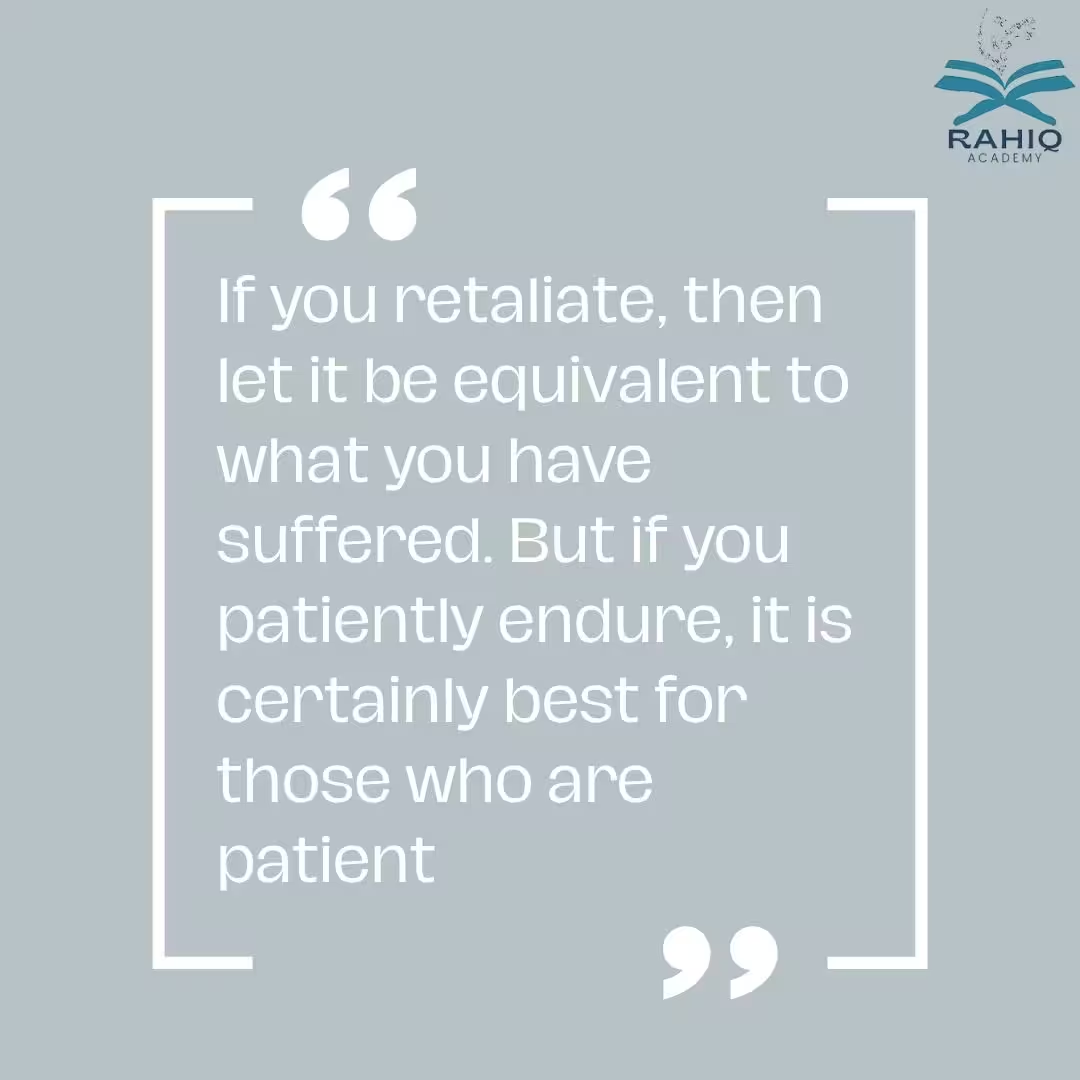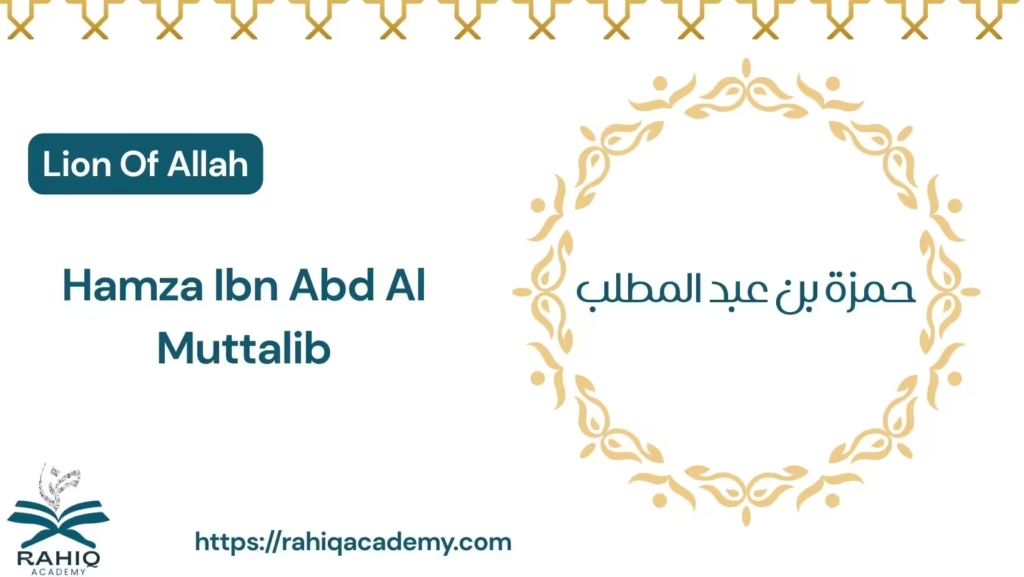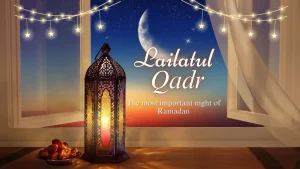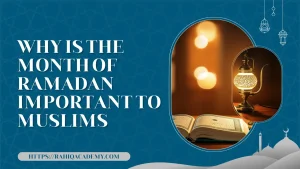Who was the hero known as the Lion of Allah? It is Hamza Ibn Abd Al Muttalib, the noble uncle of the Prophet ﷺ and one of the greatest early figures in Islam. In this article, we will explore the remarkable life of this eternal hero, from his beginnings to his martyrdom, and discover why his name is still remembered with pride to this day.
Who was Hamza Ibn Abd Al Muttalib?
You might be wondering, who was Hamza ibn abd Al Muttalib? He was Hamza Ibn Abd Al Muttalib Ibn Hashim Ibn Abd Manaf al-Qurashi al-Hashimi. Born in Mecca in the year 568 CE, he was both the uncle and foster brother of the Prophet ﷺ. He was two years older than the Prophet, though some reports say he was four years older.
Early Life
Hamza Ibn Abd Al Muttalib was raised under the care of his father, Abdul Muttalib, who was the chief of Quraysh and the Banu Hashim clan. Hamza grew up to be a brave and strong young man, feared and respected by all of Quraysh. He often went out into the desert for hunting trips.
During his early life, he witnessed the Harb al-Fijar (the Sacrilegious War), which was fought between the tribes of Kinana (to which Quraysh belonged) and Qays ‘Aylan. This war served as practical training for Hamza, helping him master swordsmanship and endure the hardships of battle.
Conversion to Islam
Hamza Ibn Abd Al Muttalib accepted Islam in the second year after the beginning of the Prophet’s mission. The story of his conversion to Islam is narrated in many historical sources.
One day, while Hamza was returning from a hunting trip, he was told that Abu Jahl had insulted and harmed the Prophet ﷺ. Hamza Ibn Abd Al Muttalib immediately went to Abu Jahl, who was sitting near the Kaaba, and struck him on the head with his bow.
He said to him, “Do you insult Muhammad while I follow his religion?”
The people of Quraysh couldn’t believe what they had just heard and assumed Hamza only said it out of loyalty to his nephew.
But Hamza’s acceptance of Islam was sincere, and his conversion had a significant impact. It strengthened the Muslims and encouraged many others to embrace Islam.
Hamza’s Role in Early Battles
Hamza played a major role in the battles of Badr and Uhud. His role in early battles can be summarized as follows
His role in the Battle of Badr
Hamza Ibn Abd Al Muttalib was the first to fight at Badr. The Prophet ﷺ chose him to begin the combat with a duel, and he fought ‘Utbah ibn Rabi’ah, killing him.
He was known for his bravery and strength. He fought on the day of Badr with two swords and was recognizable in battle by a distinctive sign—a feather of an ostrich placed on his chest.
After the battle, the Quraysh wondered:
“Who was the man marked with a feather on his chest?”
They said, “That was Hamza,” to which they replied, “He is the one who brought disaster upon us.”
His role in the Battle of Uhud
Hamza fought courageously in the Battle of Uhud and killed over thirty enemy fighters. He became a primary target for the Quraysh due to what he had done to them at Badr. He was martyred during this battle as a result of their plotted revenge.
His Martyrdom
Hamza Ibn Abd Al Muttalib was martyred in the Battle of Uhud in the third year after Hijrah. He was killed by a skilled Abyssinian slave named Wahshi.
Jubayr ibn Mut’im had promised Wahshi his freedom in exchange for killing Hamza. Wahshi was known for his deadly accuracy with the spear. Hind bint Utbah also tempted him with money and valuables, driven by her desire for revenge—since she had lost her father, son, uncle, and brother in the Battle of Badr—all at the hands of Muslims, especially Hamza.
After his martyrdom, the polytheists mutilated the body of Hamza Ibn Abd Al Muttalib. Wahshi removed his liver and brought it to Hind bint Utbah. She tried to chew it out of rage but spat it out.
The Prophet’s Grief over Hamza

After the Battle of Uhud, the Prophet ﷺ went to look for his beloved uncle. He found him killed, with his body mutilated and his stomach ripped open.
The Prophet ﷺ was overwhelmed with grief. He felt such sorrow at what had happened to Hamza that he swore to retaliate by treating the Quraysh in the same way they had treated his uncle.
Then the following verse was revealed
وَإِنْ عَاقَبْتُمْ فَعَاقِبُوا۟ بِمِثْلِ مَا عُوقِبْتُم بِهِۦ ۖ وَلَئِن صَبَرْتُمْ لَهُوَ خَيْرٌۭ لِّلصَّـٰبِرِينَ
“If you retaliate, then let it be equivalent to what you have suffered. But if you patiently endure, it is certainly best for those who are patient.”
So the Prophet ﷺ forgave them and forbade his companions from mutilating the bodies of the dead.
Why is Hamza called the Lion of Allah?
Hamza Ibn Abd Al Muttalib was given the title “Asadullah”—the Lion of Allah—because of his unmatched courage and valor in battle. He fought with two swords and amazed everyone with his bravery.
It was narrated that on the Day of Uhud, Hamza fought in front of the Prophet ﷺ with two swords while shouting:
“I am the Lion of Allah and His Messenger!”
Who is the Leader of the Martyrs?
It is Hamza ibn Abd al-Muttalib. The Prophet Muhammed ﷺ honored him with the title “Leader of the Martyrs” after his martyrdom.
Legacy of Hamza Ibn Abdul Muttalib
The Legacy of Hamza Ibn Abdul Muttalib lives on to this day. Though he left behind no wealth or power, he left a legacy of courage, strength, and firm support for the Prophet , for Islam, and for the Muslim community.
Despite having spent only a short time as a Muslim, his legacy remains timeless and is still remembered and honored today.
Conclusion
In conclusion, Hamza Ibn AAbd Al Muttalib remains a timeless symbol of bravery and sacrifice. His name is inscribed among the greatest of heroes, written in the ink of blood and selflessness. Though his time as a Muslim was brief, his impact continues to live on in the hearts of believers. May Allah have mercy on the Lion of Allah and be pleased with him.
If you’d love to explore more about the lives of the noble Companions like Hamza Ibn Abd Al Muttalib, and dive into the beauty of the Seerah and the Quran in a simple and engaging way, don’t miss the courses by Rahiq Academy on the Seerah and the Quran!




